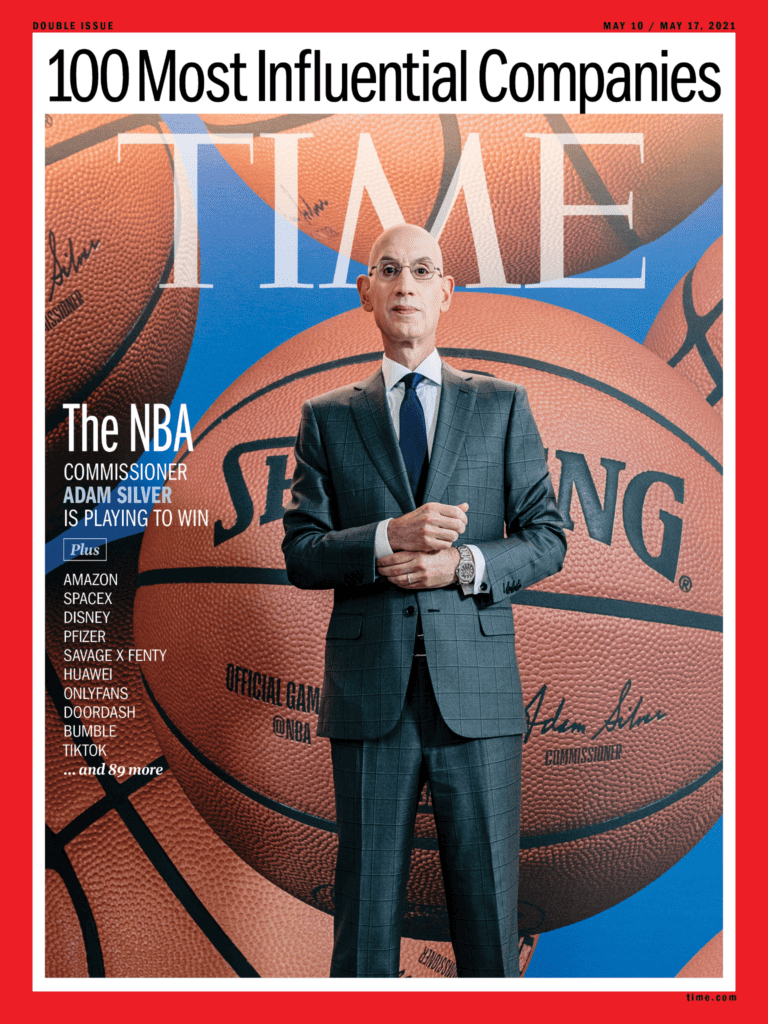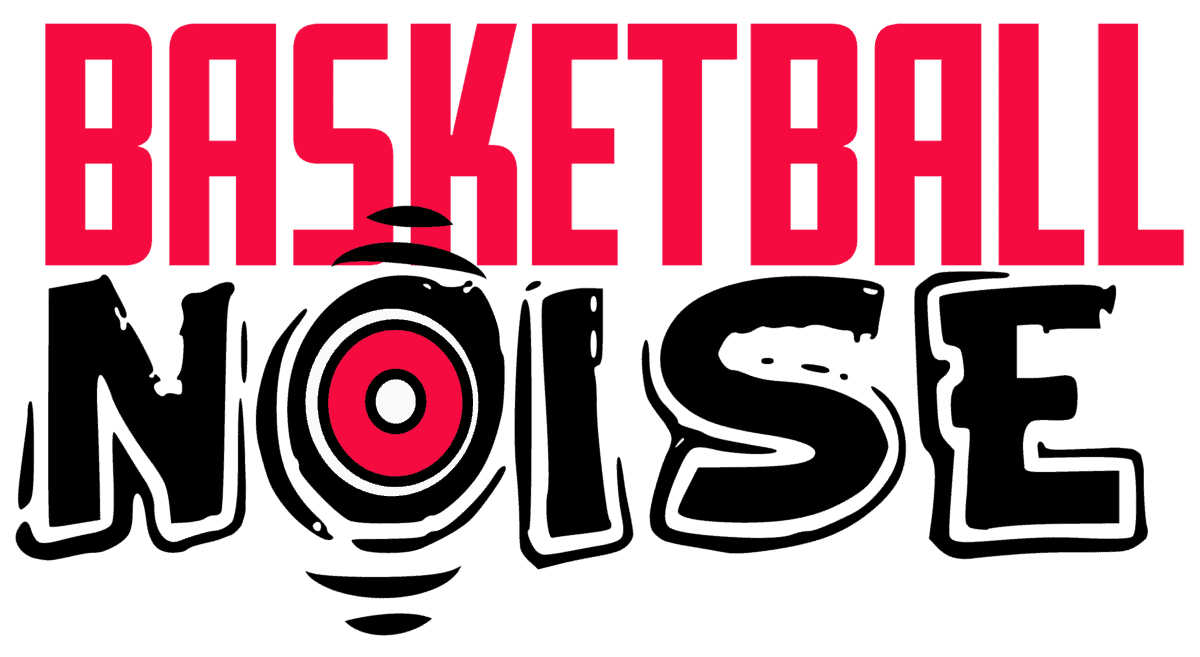The details of Adam Silver’s salary are not released to the public, but it is reported that Silver receives $10 million every season. Appointed in 2014, Silver’s current contract as the NBA commissioner is set to run through the 2023-2024 season. When the 2019-2020 NBA season was suspended due to the COVID-19 pandemic, Silver’s salary, along with other NBA executives, was decreased by 20% (it is unsure for how long this deduction lasted).

Who is Adam Silver?
Adam Silver is the current commissioner of the NBA, but his involvement with the league began way before he received the commissioner position. Silver graduated with a law degree and joined the NBA in 1992. Notable roles include working as the chief operating officer (COO) of NBA Entertainment, and the NBA chief of staff. Silver then became Special Assistant to the NBA Commissioner, David Stern at the time. Silver continued to work closely with Stern, becoming deputy commissioner and COO of the NBA until Stern’s retirement in 2014.
Stern had endorsed Silver for commissioner a few years before he had stepped down, and Silver was unanimously voted to assume the position on February 1st, 2014. Since then, the league has seen positive growth domestically and particularly internationally. Under Silver’s tenure, notable events include a 9-year, $24 billion contract extension with TV broadcasters, a new deal with Nike for exclusive manufacturing rights, the introduction of the play-in game, and a new CBA with the players’ union in 2017. Silver’s notable challenges include the removal of owner Donald Sterling and the COVID-19 pandemic, both of which he has navigated very well, according to media experts and fans. The NBA hit a record-high $10 billion in total revenue in the 2021-2022 NBA season, an astonishing figure considering the recency of the COVID-19 pandemic.
Silver is highly regarded by both players and team owners, and has smoothly transitioned to the commissioner role after being mentored for the position by longtime NBA commissioner David Stern. He is also highly regarded in the media for his overall influence and his outspokenness on social justice. His successes have earned him a 5-year contract extension in 2018 that will keep him as NBA Commissioner until after the 2024 NBA Finals.
What are the roles and responsibilities of an NBA Commissioner?
The NBA Commissioner is essentially the face of the NBA, and that means they have to prioritize two things: 1) execute strategies to achieve the NBA’s goals, and 2) manage the expectations of the NBA’s stakeholders without interfering with the NBA’s strategy. Basically, the NBA Commissioner has to hit his targets while keeping everyone happy.
What exactly are the NBA’s targets? These include increasing viewership domestically and internationally, signing deals to further improve the NBA, and engaging with fans to promote the sport of basketball. These are just a few of the main strategic goals of the NBA; the goal of the NBA Commissioner is to make sure the NBA is on the right track to achieving their targets.
To go further in depth, let’s take a look at who the NBA’s stakeholders are. First are the 30 NBA team owners and their respective organizations. The NBA owners are the ones who vote for the commissioner, and therefore they expect the commissioner to ensure that their demands are met. This includes financial demands (increasing revenue and profits, controlling expenses and taxes, etc.) and organizational demands (ensuring fairness and competitive parity, resolving any grievances, etc.). The team owners are an essential stakeholder for the NBA but for the Commissioner especially, whose job depends on the owners’ faith in their ability.
Another key stakeholder for the NBA are the players themselves. The players are the face of NBA basketball, and because they are essentially the product, they also have to be satisfied. One of the key activities as an NBA Commissioner is to commandeer collective bargaining agreements (CBAs) every few years with the NBA Players Association (NBAPA). Players usually want fair compensation and employment terms, as well as a voice in league decisions. Should the Commissioner fail in coming to an agreement, a lockout can ensue.
Other stakeholders include the various companies, brands, and entities the NBA deals with, usually involving sponsorship deals, broadcasting rights, image and licensing rights, and other agreements. The NBA Commissioner has a key role in signing new deals and extensions, and ensuring that both the NBA and the partner are meeting the standards set in the contract.
The most important stakeholders are the fans themselves, although this isn’t always realized. The fans directly (ex: through ticket and merchandise sales) and indirectly (ex: watching games via TV network) contribute to just about every dollar of basketball revenue the NBA receives. They are the target audience who determine the popularity and the success of the NBA, and therefore their needs have to be continually met. The NBA Commissioner’s job is to engage with the fans and ensure that their voices, positive or negative, are heard and accounted for.
What is the average NBA player salary?
The average NBA salary is between $7 to $8 million a year. The top earning superstars take home well over $40 million a year.
What is the average NBA coach salary?
The average NBA coach salary is around $4 million a year, with top earners taking home between $8 and $11 million each season.
Looking at the roles and responsibilities of an NBA Commissioner, it’s not hard to say that Silver works hard for that (reported) $10 million paycheck. Other major sports commissioners, like current NFL Commissioner Roger Goodell and MLB Commissioner Rob Manfred, both reportedly make more money than Silver does. However, neither are arguably as highly regarded and well-liked as Silver is, as Silver is named as one of the most influential executives in sports business by various, reputable publications. As the NBA continues to flourish under Silver, it won’t be a surprise if the next contract comes with a pay increase.
